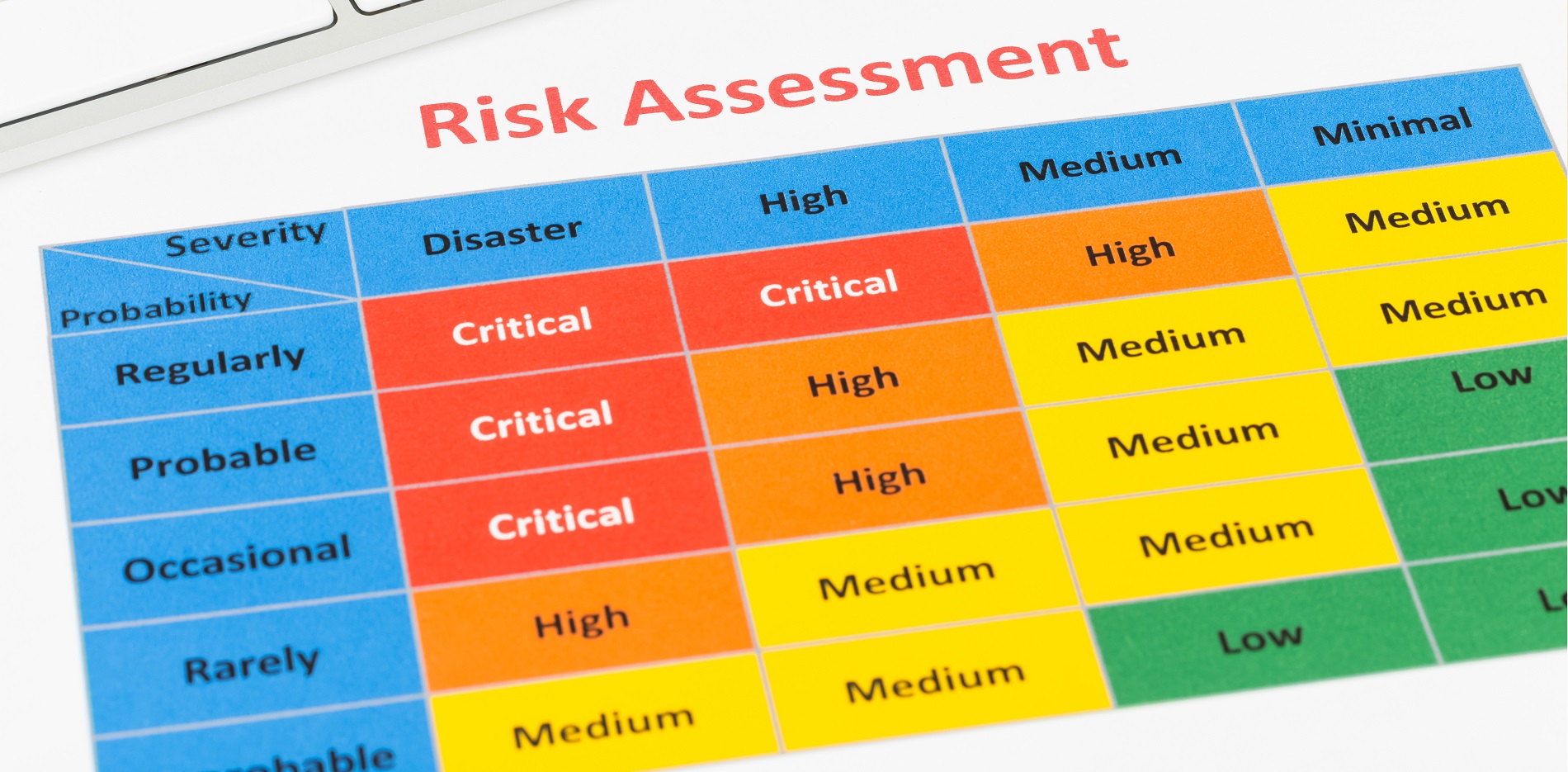
Target group: The training is intended for the personnel who is going to be involved in the implementation of the HIRA element. In particular:
- HSE Officers and persons in the role of HSE Advisors in Projects
- Line Managers
Purpose of training: Education on the corporate procedure for hazard identification and Risk Assessment (HIRA) in Workplaces, Processes, Projects.
Training objectives: Trainees should be educated on the principles of the Hazard identification and on the principles for Quantified Risk Assessment. The training will include hands-on experience on HAZID, Bow-tie, FMECA. After this training they should be able to:
- Understand the need and principles for the HIRA process.
- Obtain positive attitude toward the HIRA activities in their activities.
- Understand the specific NIS procedure for HIRA
- Understand the roles and duties of the stakeholders in HIRA procedure, specifically about the specialists needed.

- Teacher: Giovanni Uguccioni

The state-of-the-art knowledge of risk-based approaches currently applied in petrochemical industries to a wide range of professionals involved in different activities in refineries.
Purpose of training: Education on the corporate procedure for asset integrity and reliability, as well as on the guidelines for Risk-Based Inspection and Safety Instrumented Systems.
RBI training course:
The course elaborates the basic concepts of API 581 and explains the principles of Risk-Based Inspection. This methodology encompasses techniques such as Probability of failure, Consequence of failure, Risk analysis and Inspection planning based on Risk Analysis.
The main objective of the course is to introduce the fundamental concepts of Risk Based Inspection (RBI) by focusing on API and the EN 16991:2018.
The course is considered the basis for further understanding API 581 methodology and its reliance on damage mechanisms (API 571) and fitness for service concepts (API 579).
Safety Instrumented Systems course:
The main objective of this course is to provide to the course attendance the opportunity to learn the fundamentals of functional safety and the requirements of the functional safety standard IEC 61511.
This course presents the basic theory for functional safety analysis focusing on the functional safety aspects for the process, oil & gas, and chemical industries according to IEC 61511. Special attention is paid to safety-critical systems (IEC 61508) where analysis of systems with common cause failures is important.
At the end of the course, students would be able to:
- Understand the basic requirements of functional safety standards (IEC 61511)
- Understand the main safety requirements of SIS
- Understand the main aspects of design and engineering of SIS
- Apply functional safety management
- Differentiate between safety functions and control functions
- Determine the SIL with risk graph and matrix methodology

- Teacher: Joerg Bareiss
- Teacher: Vojin Grkovic
- Teacher: Aleksandar Jovanovic

Target group: The training is intended for the personnel who is going to be involved in the implementation of the MOC element.
Purpose of training: Education on the corporate procedure for management of changes that can have impacts on the process safety due to proposed technical changes, organizational changes, or their combination.
Training objectives: Trainees should be systematically educated on the principles of the management of changes for the aspect of process safety. That includes how they are implemented in the NIS j.s.c. management system (NMD documents) and related business roles and duties in the MOC procedure. They shall obtain hands-on experience on the use of the procedure and related forms (templates) that are prepared for the evaluation and planning of the change proposals. After this training they should be able to:
- Understand the need and principles for the management of change
- Obtain positive attitude toward the management of change at their workplace
- Understand the specific NIS procedure for management of change for process safety
- Understand the roles and duties of the stakeholders in MOC procedure, specifically about the specialists needed and the authorizers
- Obtain initial experience in a training workshop on how to use the prepared forms/templates for the MOC cases evaluation and planning of the changes
- Understand the overall goals of the MOC and related continuous improvement activities

- Teacher: Marko Gerbec
